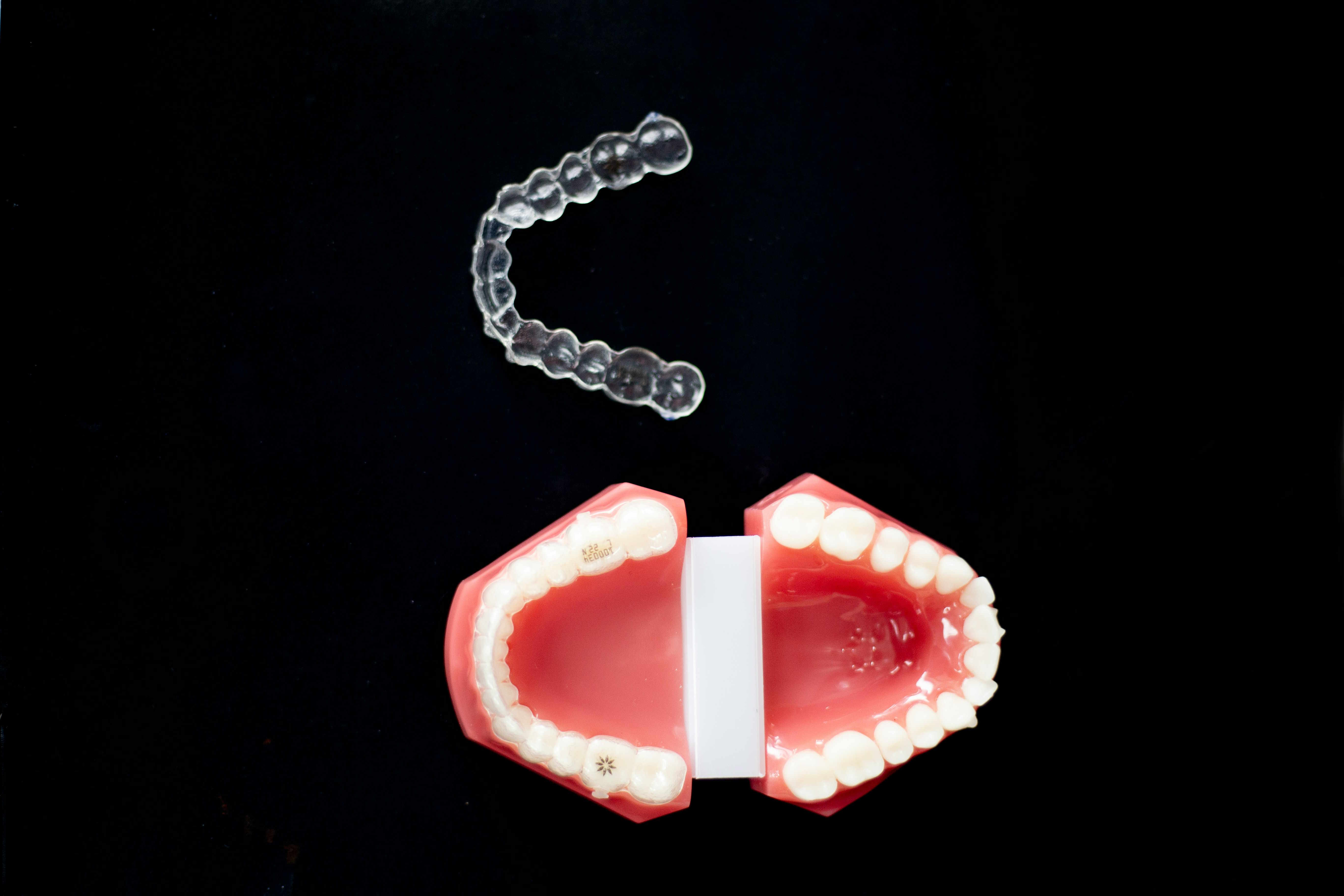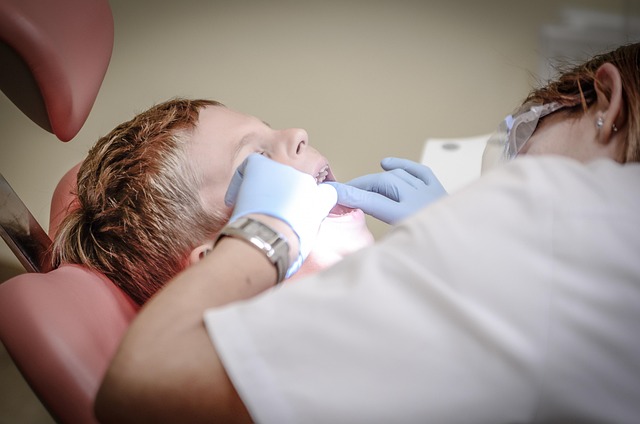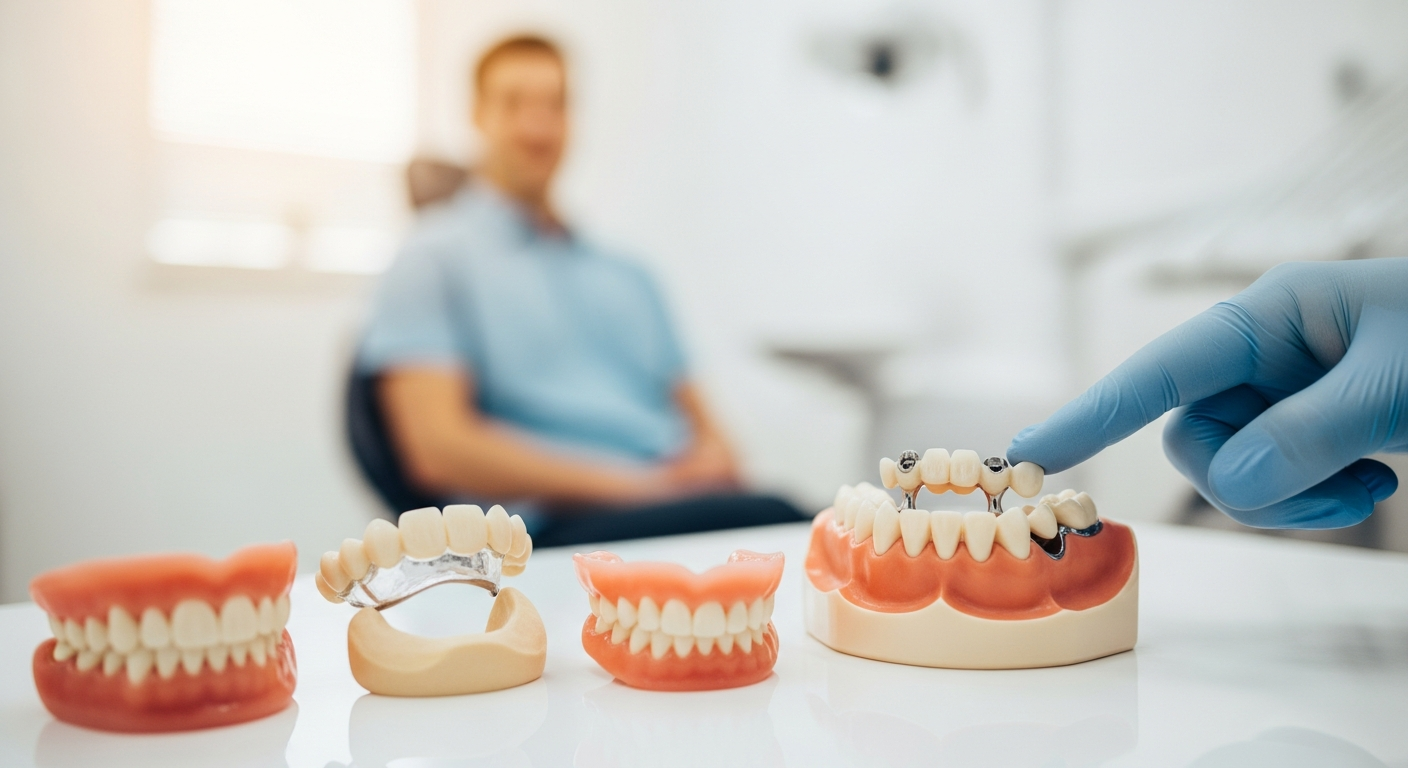Enhancing Oral Comfort in Later Life Stages
Maintaining oral health becomes increasingly important as individuals age, directly impacting overall well-being and quality of life. For many seniors, tooth loss can present challenges to eating, speaking, and self-confidence. Modern dental implants offer a durable and aesthetic solution to these issues, providing a foundation for replacement teeth that look, feel, and function like natural teeth. Understanding the benefits and process of dental implants can empower seniors to make informed decisions about their dental care and regain comfortable oral function.

This article is for informational purposes only and should not be considered medical advice. Please consult a qualified healthcare professional for personalized guidance and treatment.
What Are Dental Implants for Seniors?
Dental implants serve as artificial tooth roots, typically made of titanium, that are surgically placed into the jawbone beneath the gum line. These implants fuse with the bone over time, providing a strong and stable base for artificial teeth, such as crowns, bridges, or dentures. For seniors, dental implants can be a significant improvement over traditional dentures, which may slip or cause discomfort. They offer a permanent solution to tooth loss, addressing issues ranging from a single missing tooth to complete arch rehabilitation. The suitability of senior dental implants depends on factors like bone density and overall health, which a dental professional evaluates during a consultation.
How Modern Dental Implants Work
The process of receiving dental implants typically involves several stages. Initially, a thorough examination, including X-rays and 3D imaging, assesses the patient’s oral health and jawbone structure. If adequate bone is present, the implant post is surgically placed into the jawbone. A healing period, often several months, allows the implant to integrate with the bone in a process called osseointegration. Once healed, an abutment is attached to the implant, which then connects to the custom-made crown, bridge, or denture. This meticulous approach ensures the stability and longevity of the implant, providing a reliable foundation for the replacement teeth.
Improving Smiles with Modern Solutions
Modern tooth implants for seniors offer numerous benefits beyond just replacing missing teeth. They significantly improve chewing efficiency, allowing individuals to enjoy a wider variety of foods and maintain a balanced diet. Implants also help preserve jawbone health by stimulating the bone, preventing the bone loss that often occurs after tooth extraction. This preservation helps maintain facial structure and prevents a sunken appearance. Furthermore, the aesthetic improvement is substantial, as implants look and feel like natural teeth, enhancing confidence and social interaction. Speech clarity can also improve, as there is no risk of prosthetic slippage, common with traditional removable dentures.
Today’s Options for Senior Tooth Implants
There are several types of dental implant solutions available, catering to various needs and situations. Single tooth implants replace individual missing teeth without affecting adjacent healthy teeth. Implant-supported bridges are used when multiple teeth are missing in a row, anchoring a bridge securely in place. For those missing all or most teeth in an arch, options like ‘All-on-4’ or ‘All-on-6’ provide a full set of fixed teeth supported by a minimal number of implants. Mini implants are also an option in some cases, offering a less invasive procedure, though they may be less durable than conventional implants. A comprehensive guide to today’s options involves discussing these with a dental professional to determine the most suitable treatment plan.
Understanding the Cost of Dental Implants
The cost of dental implants can vary based on several factors, including the number of implants required, the type of implant chosen, any necessary preparatory procedures like bone grafting, and the location of the dental practice. It’s important for individuals to obtain a detailed treatment plan and cost estimate from their dental professional. While the initial investment might seem higher than traditional dentures, the long-term benefits in terms of durability, comfort, and quality of life often make dental implants a valuable consideration.
| Product/Service | Provider | Cost Estimation (SAR) |
|---|---|---|
| Single Dental Implant (per tooth) | General Dental Clinic | 11,250 - 22,500 |
| Implant-Supported Bridge | Specialized Implant Center | 22,500 - 56,250 |
| All-on-4 Dental Implants (per arch) | Advanced Dental Practice | 56,250 - 112,500 |
| Mini Dental Implants (per tooth) | Select Dental Clinics | 5,625 - 11,250 |
Prices, rates, or cost estimates mentioned in this article are based on the latest available information but may change over time. Independent research is advised before making financial decisions.
Dental implants represent a significant advancement in restorative dentistry, offering seniors a pathway to enhanced oral comfort and improved quality of life. By providing a stable and natural-feeling replacement for missing teeth, these modern solutions contribute to better nutrition, clearer speech, and renewed self-confidence. Consulting with a dental professional is the crucial first step to explore the options and determine the most appropriate treatment plan for individual needs.




